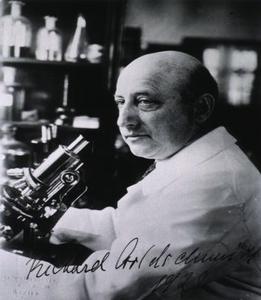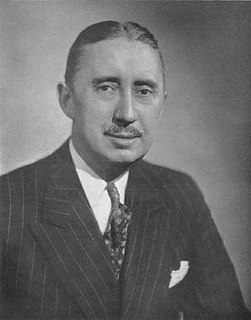A Quote by Harry Emerson Fosdick
No virtue is more universally accepted as a test of good character than trustworthiness .
Quote Topics
Related Quotes
If then, as we say, good craftsmen look to the mean as they work, and if virtue, like nature, is more accurate and better than any form of art, it will follow that virtue has the quality of hitting the mean. I refer to moral virtue [not intellectual], for this is concerned with emotions and actions, in which one can have excess or deficiency or a due mean.
Life is a test. It is only a test--meaning that's all it is. Nothing more, but nothing less. It is a test of our convictions and priorities, our faith and faithfulness, our patience and resilience, and in the end, our ultimate desires. It is a test to determine if we want to be part of the kingdom of God more than we want anything else.
The mathematical framework of quantum theory has passed countless successful tests and is now universally accepted as a consistent and accurate description of all atomic phenomena. The verbal interpretation, on the other hand - i.e., the metaphysics of quantum theory - is on far less solid ground. In fact, in more than forty years physicists have not been able to provide a clear metaphysical model.



































